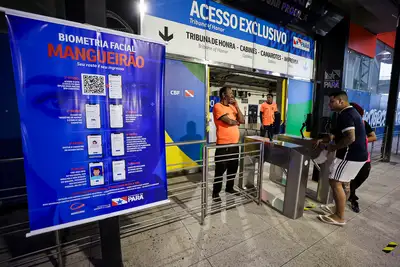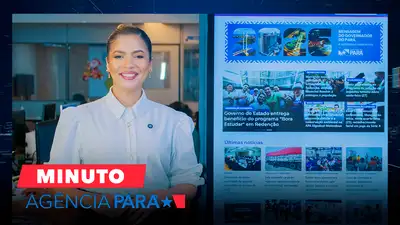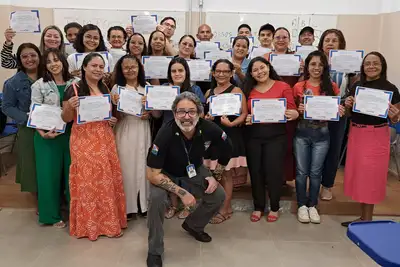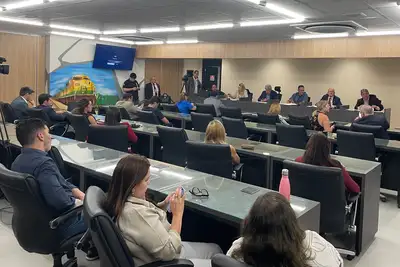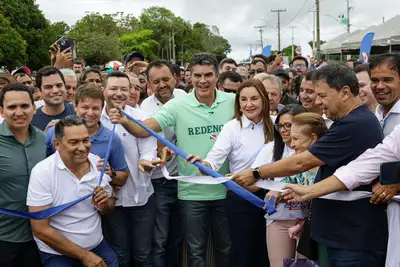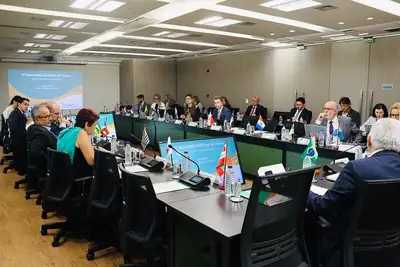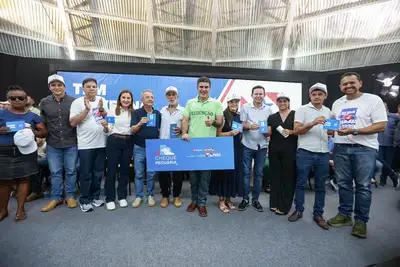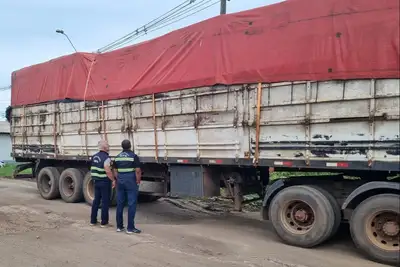Pará discusses the foundations of bioeconomy in a technical panel at the Goeldi Museum
The meeting brought together experts, public managers, and representatives of civil society from Brazil and around the world to discuss policies, infrastructure, and initiatives that strengthen bioeconomy in the State

The government of Pará, through the State Secretariat for Environment, Climate and Sustainability (Semas), participated this Saturday (15) at the Museu Paraense Emílio Goeldi in the panel "Paths of Bioeconomy for a Just and Sustainable Transition," which brought together experts, public managers, and representatives of civil society from Brazil and around the world to discuss policies, infrastructure, and initiatives that strengthen bioeconomy in the State.
Among those present was the director of the Department of Conservation and Sustainable Use of Biodiversity of the Ministry of Environment and Climate Change (MMA), Bráulio Dias, who praised the initiative of the government of Pará to structure innovative public policy models focused on sociobioeconomy and the appreciation of traditional knowledge.
Structures to scale bioeconomy - the deputy secretary of Bioeconomy at Semas, Camille Bemerguy, highlighted the consolidation as an economic model under construction and the role of the Amazon Bioeconomy and Innovation Park in the integration between science, communities, and market.
“Bioeconomy values ancestry, but it requires institutional bases, science, and innovation to gain scale, and it is scale that defines a public policy. The Park creates synapses between community businesses, startups, and industry, providing a concrete environment for innovation. The beauty and differential of the Bioeconomy Park is that it allows for the leverage of both community businesses in their specificities and potentialities as well as bioeconomy startups, thus bringing the potential for coexistence of the bioeconomies that define our territory,” she emphasized.

Innovation and technological development - the coordinator José Carlos Boareto (Fundação CERTI) presented the structure of the Park, which includes the Business Center, with incubators, accelerators, and the Single Counter, and the Factory Laboratory, focused on the development of Amazonian products with higher added value.
“The laboratory brings together high-investment technologies, such as bioreactors and extraction lines, essential for developing Amazonian ingredients at scale,” he highlighted.
Gastronomy as an economic vector - the executive director of the Paulo Martins Institute, Joanna Martins, presented the concept of the Social Gastronomy Center, which integrates traditional knowledge, creativity, and professional training to enhance Amazonian gastronomy as cultural heritage and economic asset.
“The Social Gastronomy Center values the knowledge of the forest and presents new possibilities for our ingredients to reach Brazil and the world. It is a space that unites culture, science, and market,” she emphasized.
Support for community enterprises - the executive director of Trama Brasil Projetos, Pedro Leitão, presented the Casa Sociobio, built with the direct participation of indigenous peoples, quilombolas, riverside dwellers, and other traditional communities.
“The Casa Sociobio arises from the priorities of the communities. The listening process defined a common mission: to promote a sociobioeconomy that conserves the living forest and strengthens traditional ways of life, ensuring that participating in the market does not mean giving up one's own worldviews,” he noted.
Forest knowledge as a knowledge base - professor Suze Oliveira (Cesupa) presented the School of Forest Knowledge, built from the listening of indigenous peoples, quilombolas, and extractivists.

“The Amazon concentrates enormous biological diversity, but much of the knowledge comes from the communities. The School seeks to protect this knowledge, promote fair benefit sharing, and integrate scientific and traditional knowledge, training young people to act in the market without losing connection with their territories,” she emphasized.





